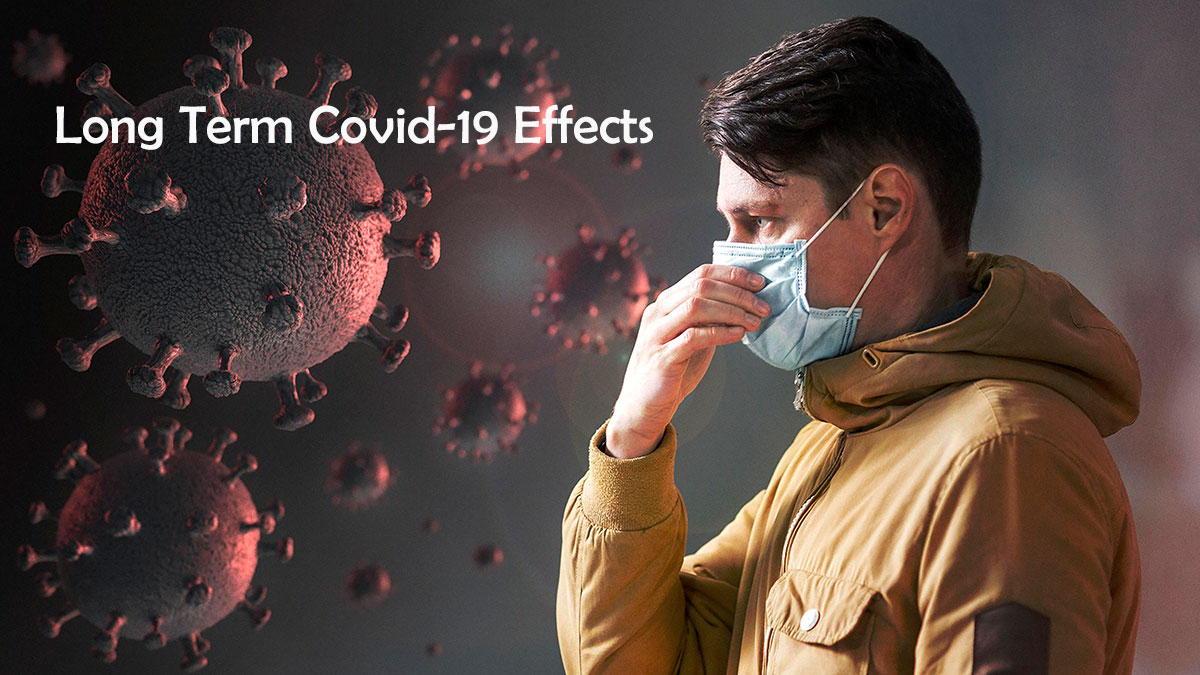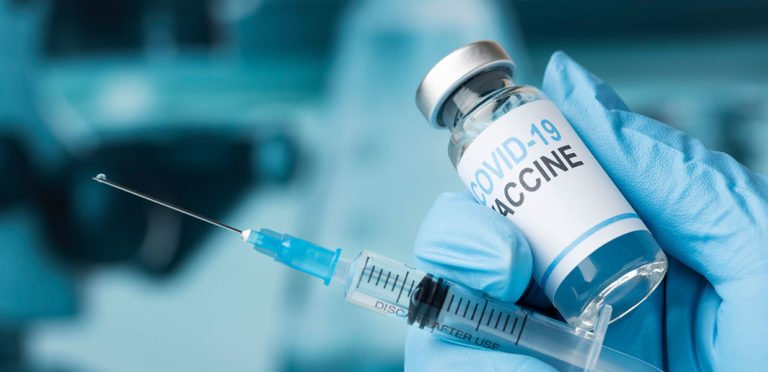Long-term effects of the Coronavirus (long COVID) Coronavirus (COVID-19) may leave some people with symptoms that last for weeks or months after the disease has subsided. This is also known as “post-COVID-19 syndrome” or “extended COVID.”
Long-term COVID Consequences:
It takes different people different amounts of time to recover from COVID-19. Many people may feel better in a few days or weeks, and the vast majority will be fully recovered in 12 weeks. Symptoms, on the other hand, may last for a long period in some people.
How unwell you are when you initially obtain COVID-19 seems to have little bearing on your chances of having long-term consequences. Even if the symptoms were mild at first, they might turn into long-term problems. Symptoms of COVID that have been present for a long period may suffer a range of symptoms after contracting COVID-19.
Some of the most frequent long-term COVID symptoms include:
- Exhaustion (fatigue)
- Breathing difficulties
- Memory and concentration problems (“brain fog”)
Sleeping problems (insomnia) - Palpitations in the heart
- Dizziness
- Needles and pins
- Joint discomfort
- Anxiety and depression
- Earaches, tinnitus
- Diarrhea, stomach pains, and a lack of appetite
- A fever, cough, headaches, sore throat, and alterations in the senses of smell and taste.
During your consultation, what happens?
Your doctor will question your symptoms and how they are interfering with your daily life. They may suggest testing to learn more about your symptoms and rule out alternative possibilities.
The following are some examples:
- Blood tests
- It’s a good idea to keep an eye on your blood pressure and heart rate.
- A chest X-ray is required.
- Assistance and treatment
- Your doctor will talk to you about the kind of care and help you’ll need.
- If your symptoms are having a substantial impact on your life, you can be sent to a specialist rehabilitation facility or a center that specializes in the symptoms you’re experiencing.

COVID-19 (coronavirus) long-term effects COVID-19 symptoms might continue for months at a time. The virus has the ability to affect the lungs, heart, and brain, perhaps leading to long-term health problems. The majority of people who have coronavirus disease 2019 (COVID-19) recover completely in a few weeks.
However, some people, especially those with milder types of the disease, continue to have symptoms long after they have healed. These people are referred to as “long haulers,” and their symptoms are characterized as “post-COVID-19 syndrome” or “long COVID-19.”
These health issues are referred to as post-COVID-19 conditions. COVID-19 side symptoms that endure more than four weeks after you’ve been diagnosed with the virus are usually regarded to be COVID-19 side effects. COVID-19 symptoms may persist for weeks and months in older individuals and those with a range of serious medical conditions, but even young, otherwise healthy people might get unwell for weeks or months after contracting the virus. Some of the most prevalent long-term signs and symptoms are as follows:
- Fatigue
- Breathing issues or shortness of breath
- Cough Joint discomfort
- Chest pain
- Memory, attention, or sleep problems
- Muscle pain or headache
- A pounding or fast pulse
- Loss of olfactory or gustatory awareness
- Anxiety or depression
- Fever
- Standing causes dizziness
- COVID-19 promotes organ damage and causes symptoms to intensify following physical or mental exertion.
COVID-19 is known to be mostly a long illness, although it may also impact other organs such as the heart, kidneys, and brain. COVID-19 infection may cause organ damage, which can lead to long-term health issues.
Long-term respiratory problems, heart problems, chronic kidney damage, stroke, and Guillain-Barre syndrome – a condition that causes temporary paralysis – are all potential long-term health consequences in certain people.
Some adults and children develop multisystem inflammatory syndrome after taking COVID-19. In this scenario, certain organs and tissues become substantially inflamed. These programs may help you manage your symptoms and get back on your feet.
Know Powerful Details about Coronavirus Vaccines.
Thrombosis in the blood and problems with the blood vessels
COVID-19 has the potential to induce blood cells to clump together and clot. While large clots may cause heart attacks and strokes, the bulk of the heart damage caused by COVID-19 is likely to be caused by minute clots that restrict small blood vessels (capillaries) in the heart muscle.
Blood clots may harm the lungs, legs, liver, and kidneys, among other organs. COVID-19 may also weaken and leak blood vessels, potentially leading to long-term liver and kidney problems.
Irritability and weariness
COVID-19 individuals with severe symptoms are often treated in the critical care unit of a hospital, needing artificial breathing assistance such as ventilators. Surviving this tragedy alone may raise a person’s chances of getting post-traumatic stress disorder, depression, or anxiety in the future. Because the long-term effects of the unique COVID-19 virus are difficult to predict, researchers are studying the long-term effects of related viruses, such as the virus that causes severe acute respiratory syndrome (SARS).
Many people who have recovered from SARS have acquired chronic fatigue syndrome, a complex illness characterized by extreme exhaustion that worsens with physical or mental activity but improves with rest. It’s possible that those who have undergone COVID-19 are in the same boat.
COVID-19 has a lot of long-term implications that are yet unknown.
Although the study is continuing, nothing is known about COVID-19’s long-term consequences. According to the researchers, doctors should monitor people who have had COVID-19 to see how their organs operate once they have recovered.
Following the recovery from COVID-19, a number of well-known medical institutions are establishing specialized clinics to treat individuals with persistent symptoms or disorders. There are a variety of additional support groups available. It’s important to remember that most COVID-19 patients recover quickly. However, due to COVID-19’s long-term implications, it is even more vital to take precautions to prevent the virus from spreading.
Masks should be worn, social distance should be maintained, crowds should be avoided, vaccinations should be obtained when possible, and hands should be kept clean.




